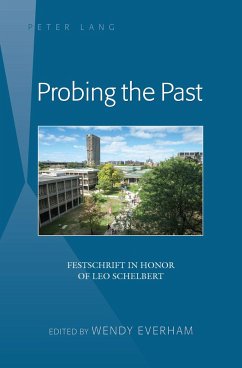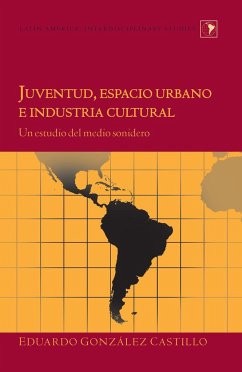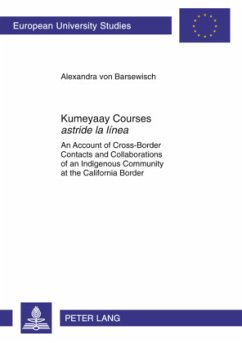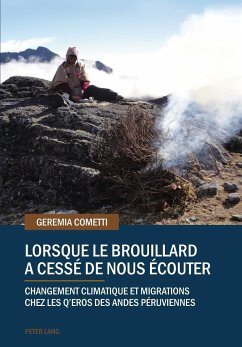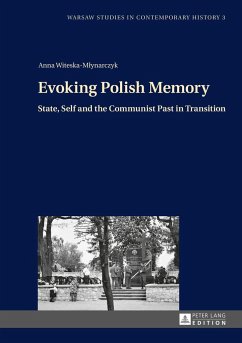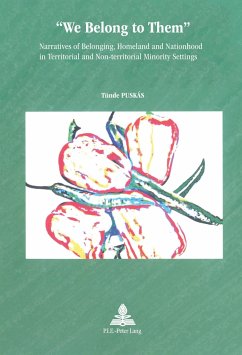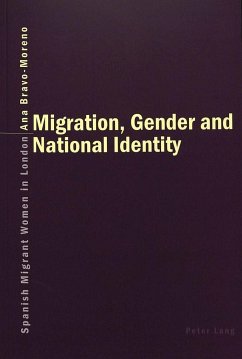Nicht lieferbar
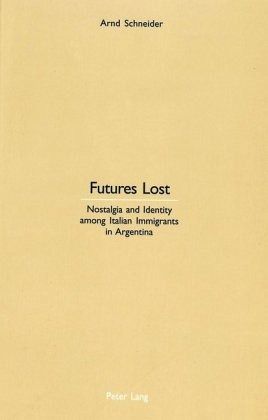
Futures Lost
Nostalgia and Identity among Italian Immigrants in Argentina
Versandkostenfrei!
Nicht lieferbar
Argentina received more immigrants relative to the indigenous population than the USA, Canada or Australia. This study explores how among Italians (the largest immigrant group), notions of progress and modernity were displaced by fears of political violence and social decomposition. They now look to the 'First World' for new opportunities, including Italy and Spain which prospered after WWII, whilst Argentina went into decline. The book combines new approaches from anthropology and history, and contributes to studies of ethnicity, nationalism, and diasporas.




